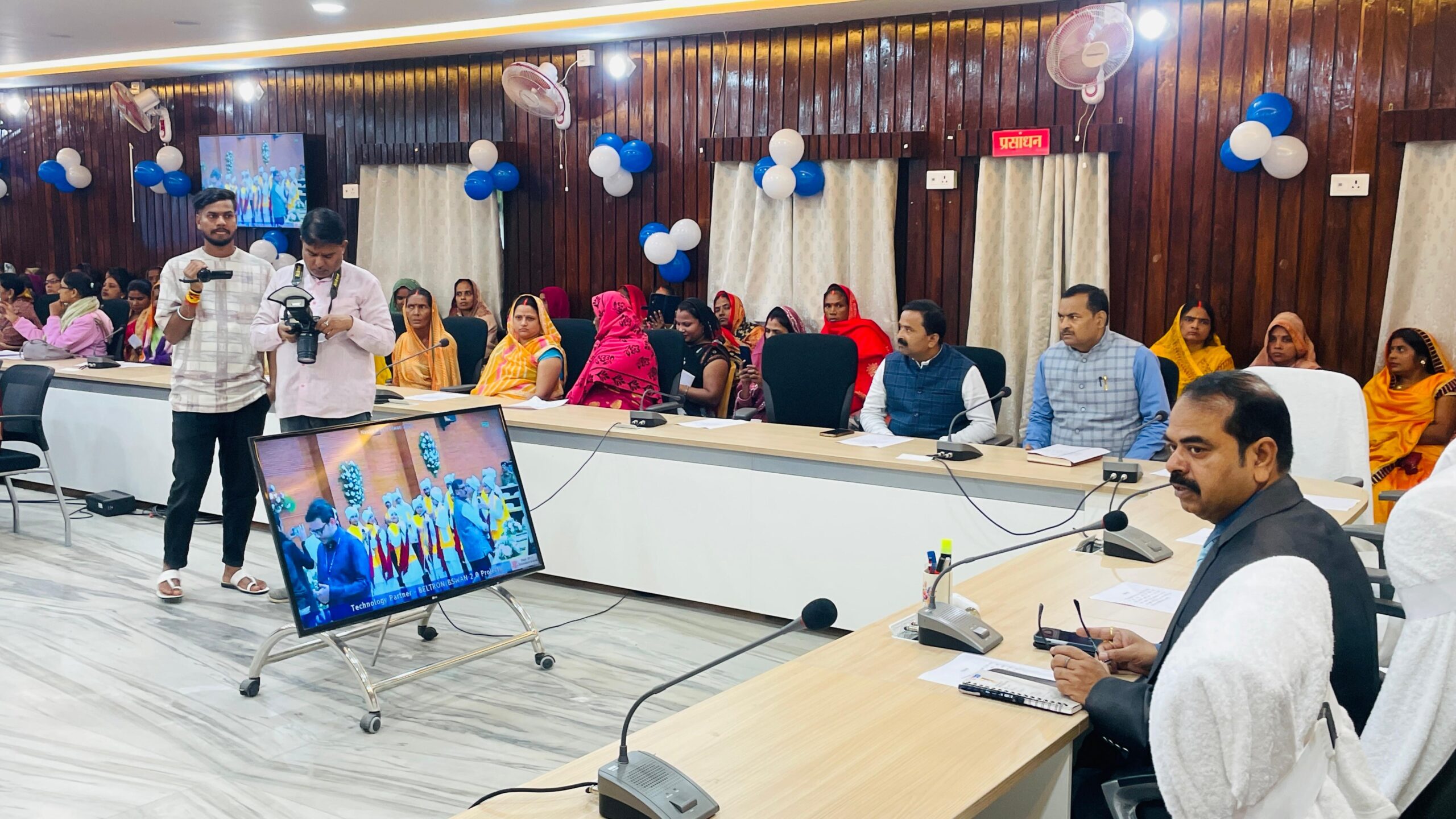
Lal Bahadur Shastri, the second Prime Minister of India, is remembered for his simplicity, integrity, and dedication to the nation. Born on October 2, 1904, in Mughalsarai, Uttar Pradesh, Shastri rose from humble beginnings to become a pivotal figure in Indian politics. His tenure as Prime Minister, though brief, left a lasting impact on the country.
लाल बहादुर शास्त्री, भारत के दूसरे प्रधानमंत्री, अपनी सादगी, ईमानदारी और राष्ट्र के प्रति समर्पण के लिए याद किए जाते हैं। उनका जन्म 2 अक्टूबर 1904 को उत्तर प्रदेश के मुगलसराय में हुआ था। शास्त्री जी ने साधारण पृष्ठभूमि से उठकर भारतीय राजनीति में महत्वपूर्ण स्थान प्राप्त किया। प्रधानमंत्री के रूप में उनका कार्यकाल भले ही छोटा था, लेकिन इसका देश पर गहरा प्रभाव पड़ा।
Impact on India
Economic Reforms and Green Revolution: Shastri’s tenure saw significant economic reforms, particularly in the agricultural sector. He promoted the Green Revolution, which aimed at increasing food production through modern agricultural techniques. This initiative not only ensured food security but also empowered farmers. The introduction of high-yield variety seeds, fertilizers, and irrigation methods transformed Indian agriculture, making the country self-sufficient in food grains. Shastri’s vision and policies laid the foundation for India’s agricultural prosperity.
Leadership During the Indo-Pak War: Shastri led India during the Indo-Pak War of 1965. His leadership and the famous slogan “Jai Jawan, Jai Kisan” (Hail the Soldier, Hail the Farmer) boosted the morale of both soldiers and farmers, emphasizing their crucial roles in the nation’s security and self-sufficiency. Under his leadership, India demonstrated resilience and strength, successfully defending its borders. The war also highlighted Shastri’s diplomatic skills, as he navigated complex international relations to secure peace.
Promotion of National Unity: Shastri was a strong advocate for national unity and integrity. His policies and actions aimed at fostering a sense of unity among the diverse population of India. His leadership style, characterized by humility and consensus-building, helped navigate the complex political landscape of post-independence India. Shastri’s emphasis on unity and collective effort resonated with the masses, strengthening the fabric of Indian society.
Social Reforms: Shastri was committed to social justice and worked towards uplifting the underprivileged sections of society. He supported policies aimed at reducing poverty and improving living standards. His initiatives in education, healthcare, and rural development were geared towards creating a more equitable society. Shastri’s focus on social welfare reflected his deep empathy for the common people and his vision for an inclusive India.
Legacy of Simplicity and Integrity: Shastri’s personal life was a testament to his values of simplicity and integrity. He led by example, living a modest life and maintaining high ethical standards. His honesty and dedication to public service earned him immense respect and admiration. Shastri’s legacy continues to inspire leaders and citizens alike, reminding them of the importance of ethical governance and selfless service.
Hindi:
आर्थिक सुधार और हरित क्रांति: शास्त्री जी के कार्यकाल में कृषि क्षेत्र में महत्वपूर्ण आर्थिक सुधार हुए। उन्होंने हरित क्रांति को बढ़ावा दिया, जिसका उद्देश्य आधुनिक कृषि तकनीकों के माध्यम से खाद्य उत्पादन बढ़ाना था। इस पहल ने न केवल खाद्य सुरक्षा सुनिश्चित की बल्कि किसानों को भी सशक्त बनाया। उच्च उपज वाली बीजों, उर्वरकों और सिंचाई विधियों के परिचय ने भारतीय कृषि को बदल दिया, जिससे देश खाद्यान्न में आत्मनिर्भर हो गया। शास्त्री जी की दृष्टि और नीतियों ने भारत की कृषि समृद्धि की नींव रखी।
भारत-पाक युद्ध के दौरान नेतृत्व: शास्त्री ने 1965 के भारत-पाक युद्ध के दौरान देश का नेतृत्व किया। उनका नेतृत्व और प्रसिद्ध नारा “जय जवान, जय किसान” (सैनिक की जय, किसान की जय) ने सैनिकों और किसानों दोनों का मनोबल बढ़ाया, और देश की सुरक्षा और आत्मनिर्भरता में उनकी महत्वपूर्ण भूमिका को रेखांकित किया। उनके नेतृत्व में, भारत ने अपनी सीमाओं की सफलतापूर्वक रक्षा की। युद्ध ने शास्त्री जी की कूटनीतिक कौशल को भी उजागर किया, क्योंकि उन्होंने शांति सुनिश्चित करने के लिए जटिल अंतरराष्ट्रीय संबंधों को संभाला।
राष्ट्रीय एकता का प्रचार: शास्त्री जी राष्ट्रीय एकता और अखंडता के प्रबल समर्थक थे। उनकी नीतियां और कार्य देश की विविध जनसंख्या के बीच एकता की भावना को बढ़ावा देने के उद्देश्य से थे। उनकी नेतृत्व शैली, जो विनम्रता और सहमति निर्माण से परिभाषित थी, ने स्वतंत्रता के बाद के भारत की जटिल राजनीतिक परिदृश्य को नेविगेट करने में मदद की। शास्त्री जी का एकता और सामूहिक प्रयास पर जोर जनता के साथ गूंजता था, जिससे भारतीय समाज की संरचना मजबूत हुई।
सामाजिक सुधार: शास्त्री जी सामाजिक न्याय के प्रति प्रतिबद्ध थे और समाज के वंचित वर्गों को ऊपर उठाने के लिए काम किया। उन्होंने गरीबी कम करने और जीवन स्तर में सुधार लाने के उद्देश्य से नीतियों का समर्थन किया। शिक्षा, स्वास्थ्य सेवा और ग्रामीण विकास में उनकी पहल एक अधिक न्यायसंगत समाज बनाने के लिए थी। शास्त्री जी का सामाजिक कल्याण पर ध्यान उनके आम लोगों के प्रति गहरे सहानुभूति और समावेशी भारत के लिए उनकी दृष्टि को दर्शाता है।
सादगी और ईमानदारी की विरासत: शास्त्री जी का व्यक्तिगत जीवन उनके सादगी और ईमानदारी के मूल्यों का प्रमाण था। उन्होंने उदाहरण के द्वारा नेतृत्व किया, एक साधारण जीवन जीते हुए और उच्च नैतिक मानकों को बनाए रखते हुए। उनकी ईमानदारी और सार्वजनिक सेवा के प्रति समर्पण ने उन्हें अपार सम्मान और प्रशंसा अर्जित की। शास्त्री जी की विरासत नेताओं और नागरिकों को समान रूप से प्रेरित करती है, उन्हें नैतिक शासन और निःस्वार्थ सेवा के महत्व की याद दिलाती है।
Shastri Ji’s legacy continues to inspire generations, reminding us of the values of simplicity, integrity, and dedication to the nation.
![]()
Discover more from जन विचार
Subscribe to get the latest posts sent to your email.






